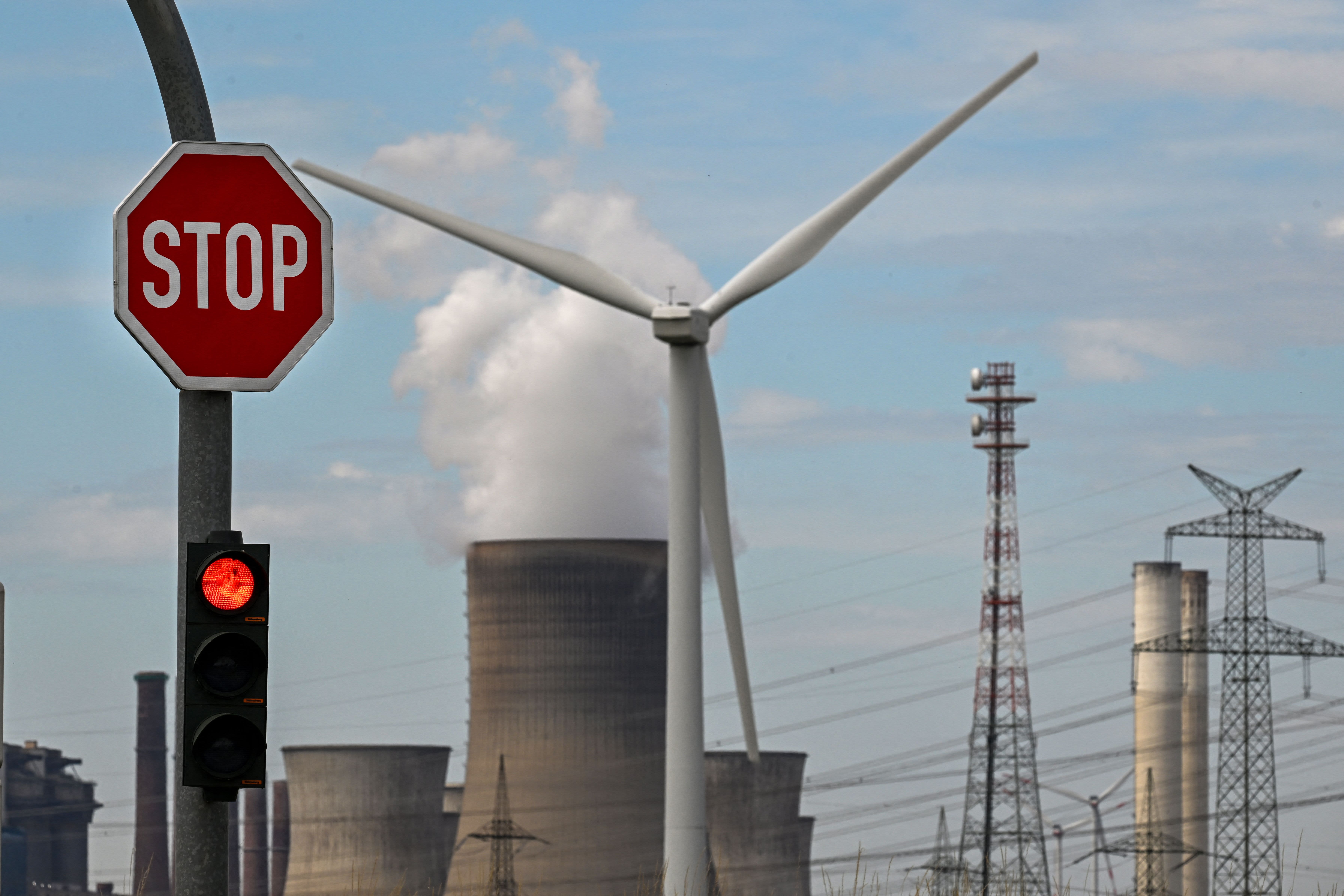With 4.5 billion passenger trips taken each year and more than 16 million planes taking off in the U.S. every year, aircraft are responsible for 2.5% of global CO2 emissions, according to the Global Carbon Project, and the problem is growing. One proposed solution rivals the power of fossil fuels without the emissions — hydrogen. With the industry attempting to achieve net-zero emissions by 2050, both big players like Airbus and startups alike are exploring the technology.
“Airbus has been looking at hydrogen for a long time and recently, within the last years, has increased that focus. Looking at both hydrogen fuel cell and hydrogen combustion” says Martha Neubauer, senior associate at AeroDynamic Advisory.
related investing news
Airbus announced concept designs for several zero-emission, hydrogen-powered planes in 2020 and intends to test a hydrogen engine on an A380 in 2026.
Two startups, ZeroAvia and Universal Hydrogen, are also pursuing hydrogen-powered aircraft. Both have recently completed test flights with regional-sized planes and are hoping to enter the market by 2025. But significant challenges lie ahead, from getting regulatory approval to developing the hydrogen infrastructure.
Watch the video to learn why Airbus and others are betting on hydrogen.






